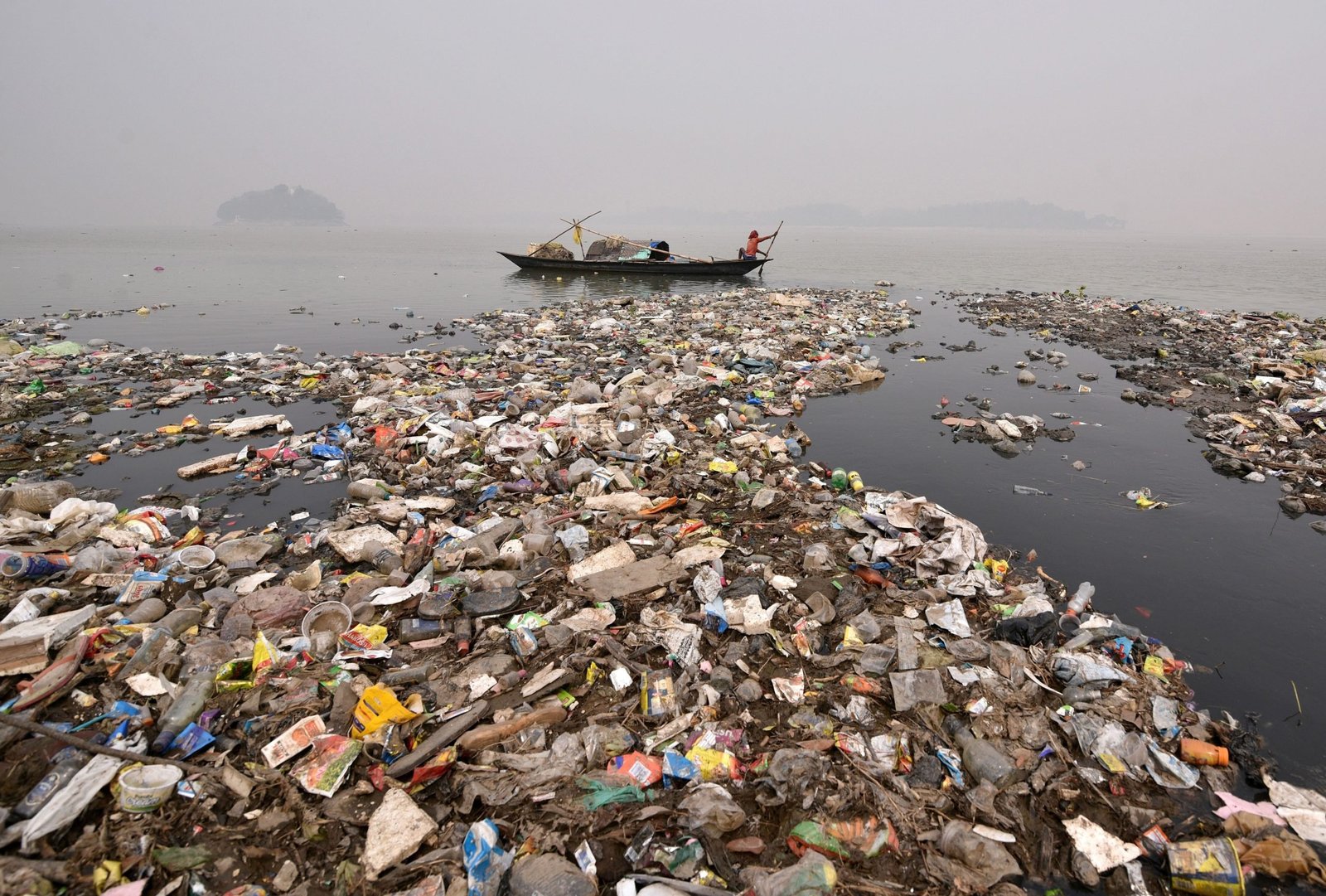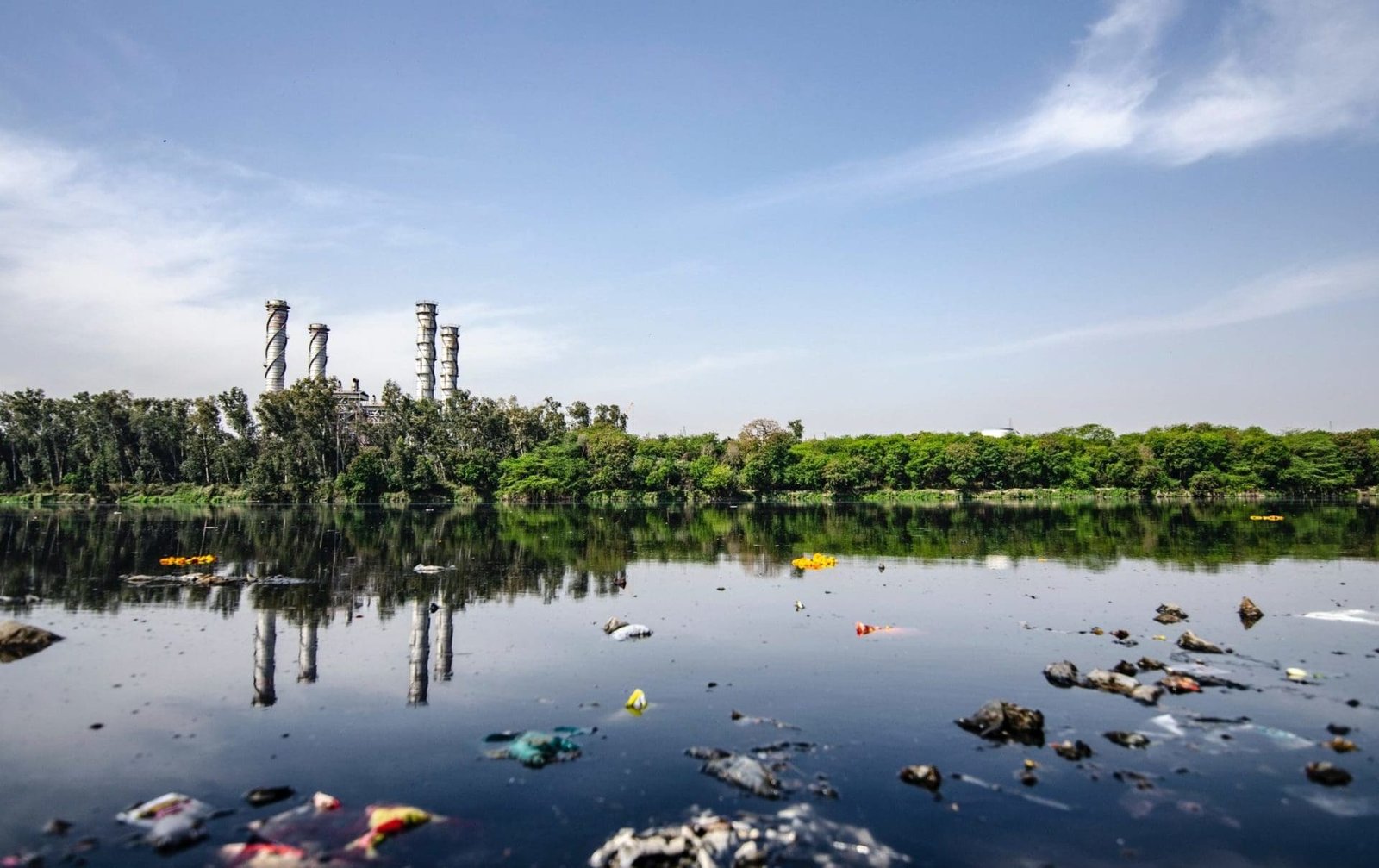Water pollution is a critical environmental issue that affects the health of our planet, ecosystems, and humanity. With the increasing population and industrialization, water contamination has become widespread, threatening freshwater supplies, marine ecosystems, and the overall health of the environment. This article delves into the causes, impacts, and solutions to water pollution, shedding light on why immediate action is essential to address this global concern.
Water Pollution: A Growing Global Challenge
Understanding Water Pollution
Water pollution occurs when harmful substances—ranging from chemicals and waste to microorganisms and toxic metals—are introduced into water bodies such as rivers, lakes, oceans, and groundwater. These pollutants degrade the quality of water, making it unsafe for drinking, recreation, and supporting wildlife. Pollution sources are generally divided into two categories:
- Point Sources: Specific, identifiable origins, such as industrial discharge pipes or sewage outlets.
- Non-Point Sources: Diffuse sources, including agricultural runoff, urban drainage, and atmospheric deposition.
Key Causes of Water Pollution
- Industrial Activities
Industries release untreated effluents containing hazardous chemicals, heavy metals, and toxins into nearby water bodies. These pollutants accumulate in aquatic environments, disrupting ecosystems and contaminating water supplies. - Agricultural Runoff
Excessive use of fertilizers and pesticides in agriculture leads to runoff that carries nutrients like nitrogen and phosphorus into rivers and lakes. This runoff causes eutrophication, leading to algal blooms and oxygen depletion in water. - Urban Sewage and Household Waste
Poorly managed sewage systems and improper disposal of household waste result in untreated contaminants entering water systems. This includes plastics, detergents, and organic waste, which contribute to pollution. - Oil Spills
Accidental oil spills in seas and oceans are disastrous, coating marine animals and plants with oil and disrupting their ecosystems. Even small-scale spills can have long-term effects on water quality and biodiversity. - Plastic Pollution
Plastic waste, including microplastics, is a significant source of water pollution. These materials take centuries to degrade and are often ingested by marine life, causing fatal blockages or chemical toxicity. - Thermal Pollution
Discharge of hot water from industries and power plants into water bodies raises water temperature, altering habitats and reducing oxygen levels, which harms aquatic organisms.
Consequences of Water Pollution
- Impact on Human Health
Polluted water can spread diseases such as cholera, dysentery, and hepatitis. Heavy metals like mercury and lead, often found in contaminated water, can lead to severe health problems, including neurological damage and developmental disorders. - Damage to Aquatic Ecosystems
Water pollution disrupts the balance of aquatic ecosystems. Toxic chemicals, plastic debris, and oil spills harm fish, plants, and other marine organisms, reducing biodiversity and altering food chains. - Economic Losses
Polluted water affects industries such as fishing, tourism, and agriculture. Dead zones in oceans, caused by eutrophication, lead to a decline in fish populations, impacting the livelihood of fishing communities. - Climate Change Synergy
Polluted water bodies contribute to greenhouse gas emissions, such as methane, exacerbating climate change. For instance, decomposing organic waste in water generates methane, a potent greenhouse gas. - Scarcity of Clean Water
Pollution reduces the availability of safe drinking water. Millions of people worldwide lack access to clean water, leading to a humanitarian crisis in many regions.
How to Prevent and Reduce Water Pollution
- Improved Wastewater Treatment
Investing in advanced wastewater treatment plants can significantly reduce the amount of untreated sewage and industrial effluents entering water bodies. These systems can remove harmful pathogens and pollutants effectively. - Promoting Sustainable Agriculture
Reducing the use of chemical fertilizers and pesticides, and implementing sustainable farming practices, can minimize nutrient runoff. Techniques like crop rotation and organic farming are eco-friendly alternatives. - Reducing Plastic Waste
Banning single-use plastics, encouraging recycling, and organizing clean-up drives for water bodies can address the growing problem of plastic pollution. - Legislation and Enforcement
Governments should enact and enforce laws to regulate industrial discharges, manage waste, and protect water bodies. Examples include the Clean Water Act in the United States and similar policies worldwide. - Public Awareness and Education
Educating communities about the effects of water pollution and promoting water conservation can encourage individuals to adopt sustainable habits, such as proper waste disposal and reduced water wastage. - Innovative Technologies
Advanced technologies like bioremediation, nanotechnology-based water filtration, and renewable energy-powered water purifiers can provide effective solutions to combat water pollution.
The Role of Individuals in Protecting Water Resources
Every individual can contribute to reducing water pollution through simple, everyday actions:
- Conserve Water: Fix leaks, use water-efficient appliances, and avoid wasting water during daily activities.
- Dispose of Waste Responsibly: Ensure that household waste, including hazardous materials, is disposed of properly and does not end up in water bodies.
- Participate in Cleanup Activities: Volunteer in community programs aimed at cleaning rivers, lakes, and beaches.
- Advocate for Change: Support policies and organizations working to protect water resources and hold industries accountable for pollution.
Global Initiatives to Combat Water Pollution
- United Nations’ Sustainable Development Goals (SDG)
SDG 6 aims to ensure access to clean water and sanitation for all by 2030, emphasizing the need for sustainable water management. - International Treaties and Agreements
Agreements like the MARPOL Convention aim to prevent pollution from ships, while the Basel Convention addresses hazardous waste management. - The Ocean Cleanup Project
This innovative project focuses on removing plastics from oceans, using cutting-edge technology to clean up vast areas of marine litter.
Conclusion
Water pollution poses a grave threat to life on Earth, endangering human health, aquatic ecosystems, and economic stability. Tackling this issue requires a united effort from governments, industries, and individuals. By adopting sustainable practices, enforcing stricter regulations, and leveraging innovative technologies, we can mitigate the effects of water pollution and safeguard this invaluable resource.
Clean water is not just a basic necessity but a fundamental human right. It is our collective responsibility to ensure that future generations inherit a planet where water remains a source of life, not a source of harm. The time to act is now.
Internal Link:- ragdi









